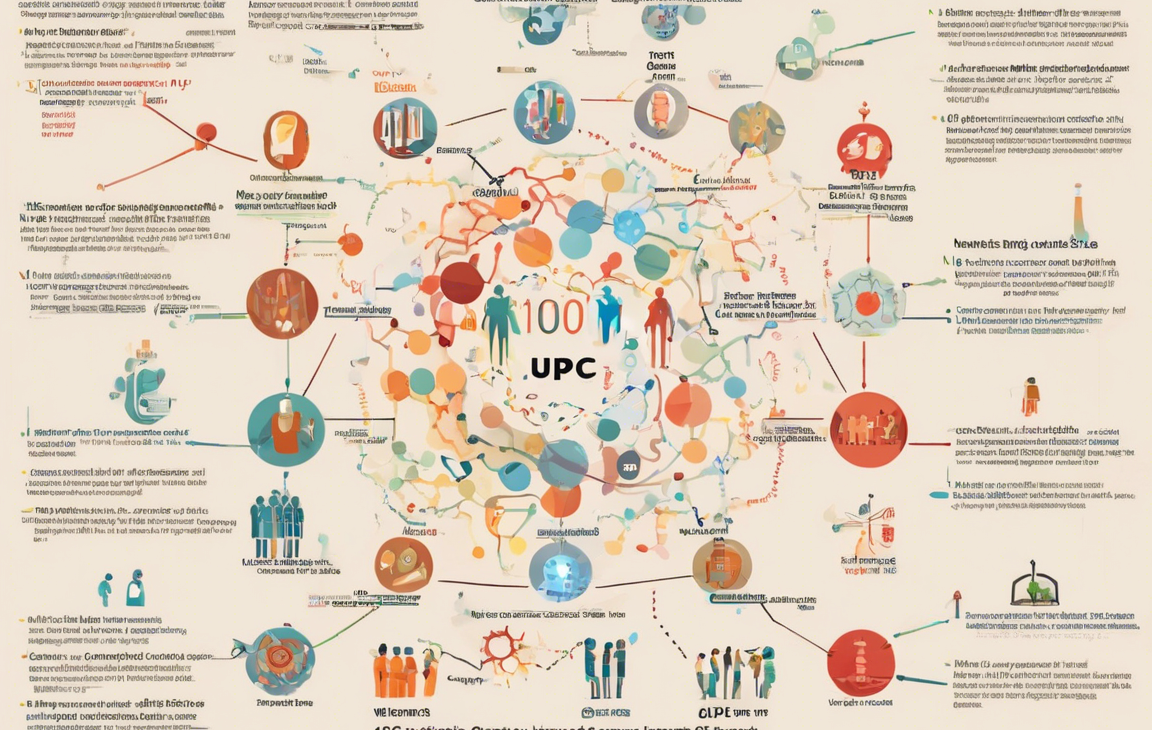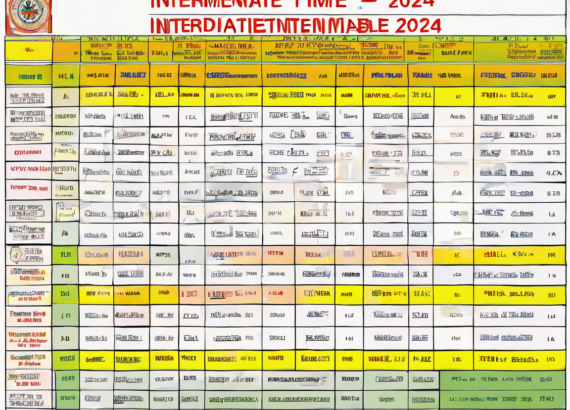The 100,000 Genome Project launched by the UK government in 2012 aimed to sequence 100,000 whole genomes from National Health Service (NHS) patients by 2017. Its primary objective was to transform the way certain conditions are diagnosed and treated. However, the impact of this project extends beyond healthcare into various fields like research, education, and even competitive exams like the UPSC.
Understanding the 100,000 Genome Project
The Genome Project involves mapping the complete set of DNA within an organism’s genome. This includes both the coding and non-coding regions, thereby providing a comprehensive understanding of an individual’s genetic makeup. This wealth of genetic information has opened up new avenues for research and applications.
Implications for UPSC Preparation
In the realm of competitive exams like the Union Public Service Commission (UPSC) exams in India, the 100,000 Genome Project has the potential to revolutionize how aspirants prepare. Here’s how this project could impact UPSC preparation:
1. Role in Understanding Genetic Disorders
- As the 100,000 Genome Project progresses, it contributes to a better understanding of genetic disorders and their implications on public health. This knowledge is crucial for **UPSC** aspirants, especially those in the medical or healthcare sectors.
2. Integration into Current Affairs
- Genomic advancements resulting from projects like these often make headlines. Understanding these developments is essential for excelling in the **UPSC** exams, particularly in the science and technology segment.
3. Ethical Considerations
- The project raises pertinent ethical questions regarding data privacy, consent, and misuse of genetic information. Aspirants must be aware of these ethical dilemmas, as they can form essay topics or discussion points in the exams.
4. Policy Implications
- The data and insights garnered from the 100,000 Genome Project could inform future healthcare policies and regulations. Aspirants aspiring for administrative roles need to grasp these policy implications for exam success.
Leveraging Genomic Insights for UPSC Success
Integrating the learnings from the 100,000 Genome Project into UPSC preparation requires a multidisciplinary approach. Aspirants can:
- Stay Updated: Regularly follow advancements in genomics and biotechnology through reputable sources.
- Interdisciplinary Approach: Connect genetic insights with topics like healthcare, ethics, and governance for a holistic understanding.
- Practice Application: Develop case studies or essay frameworks based on genomic advancements for better retention and application in exams.
FAQs on the 100,000 Genome Project and UPSC Preparation:
1. What is the 100,000 Genome Project?
The 100,000 Genome Project is a UK initiative to sequence the genomes of 100,000 individuals for medical and research purposes.
2. How can the 100,000 Genome Project impact UPSC preparation?
Understanding genomic advancements can aid aspirants in current affairs, ethics, and policy-related questions in the UPSC exams.
3. Should UPSC aspirants focus on genetic studies?
While not a core subject, having a basic understanding of genetics and genomics can provide a competitive edge in certain UPSC exam segments.
4. Are there any specific resources to learn about the 100,000 Genome Project for UPSC?
Various online platforms offer courses on genomics and its implications. Keeping abreast of reliable websites, journals, and reports can also enhance knowledge in this area.
5. Could genetics feature in essay topics for the UPSC exam?
Yes, genetic advancements, ethical dilemmas in genetic research, and policy implications of genomic data are all potential essay topics in the UPSC exams.







